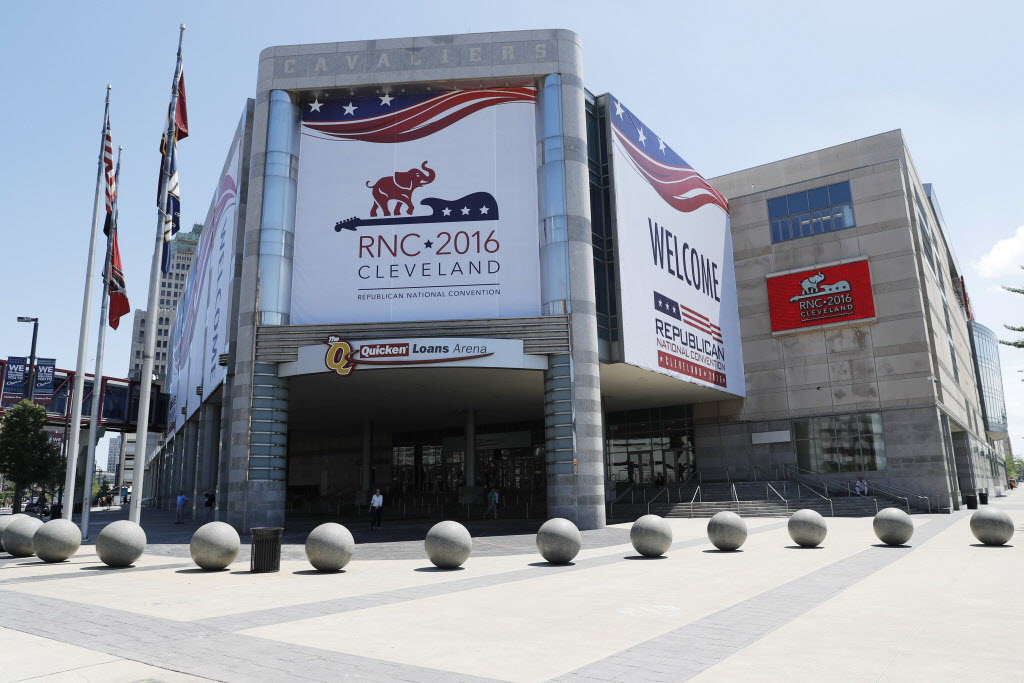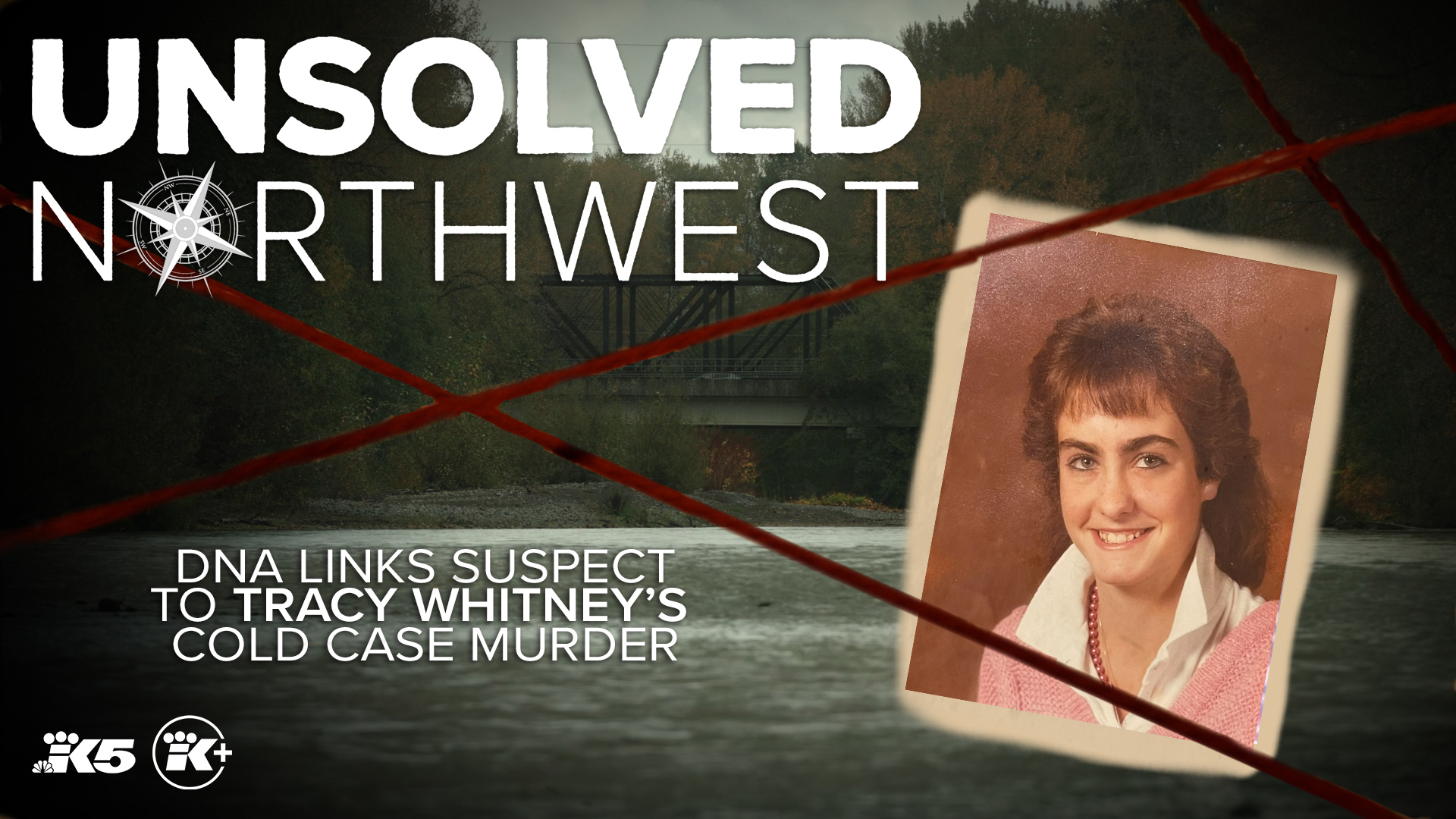Everyone is talking about conventions, and I know I'm supposed to know this — but what are they again?
Remember what your ninth-grade science teacher said: There's no silly question except the one you don't ask. The conventions — each party has their own — are taking place back-to-back the last two weeks of July and are basically big celebrations to crown the Republican and Democratic presidential nominees. They’re also the party's business meetings, where the delegates adopt the platform for the election season.
The presidential and vice presidential nominees and other party leaders will speak. When there aren’t big speeches, there are lots of parties and events and everyone celebrates being a [insert your party’s animal mascot here].
The Republican convention will take place in Cleveland July 18-21. The Democratic convention is July 25-28 in Philadelphia.
But don’t we know who the nominees are already?
Well, yes, but it’s not official. Have you noticed reporters have been using the word “presumptive” over the last couple of months to describe Donald Trump and Hillary Clinton? That’s because the delegates (more on these people later) haven’t officially voted yet. When they do so at the conventions, Donald Trump and Hillary Clinton will (most likely) become the official candidates, and we’ll take a break from typing “presumptive” until 2020.
So who are these delegates?
The delegates for the Republican National Convention — all 2,472 of them, plus 2,302 alternates — come from all 50 states, Washington, and five territories, according to Republican National Convention spokeswoman Audrey Scagnelli. They were chosen via primaries and caucuses in their home states in the first half of the year. They’ll be voting to confirm Trump as the nominee — unless something really bananas happens.
But what if not everyone wants Trump?
He needs 1,237 delegates (a majority of the number attending) to say yes to him being the nominee for it to become official. But his supporters aren’t too worried because there are enough pledged delegates (check our handy glossary at the end of this to learn more about the different kinds of delegates!) who have to vote for him at least the first time around. There are also some unpledged delegates who said they’ll vote for him, too.
Got it. How does the voting officially happen?
Each state delegation will announce vote tallies one at a time in a process called "roll call." Once Trump hits that magic number, his supporters will breathe a big sigh of relief because that means Never Trumpers did not succeed and he's the nominee.
I'm guessing there will be protests. Am I right?
Absolutely. Conventions are always targets of political protests, and Donald Trump's events have been a hotbed of crazy this year. The Secret Service has been preparing for these conventions for the last year, and they’re planning for the worst-case scenario in Cleveland. More specifically, U.S. Secret Service Director Joseph Clancy told USA TODAY that they’ve even been preparing for “similar events” to the shooting police officers in Dallas last week.
"You look at snipers, you look at mass attacks, you look at protest groups large and small. You look at any possibility that's out there,” Clancey said.
The Secret Service isn’t releasing the number of officers working the convention, but there are 73 government agencies involved in security. There will also be security cameras and observation platforms watching people.
Can people bring guns?
Not inside the arena, but Ohio does allow for open carry so people are allowed to carry guns outside.
But how about a cooler of tasty beverages and maybe some canned goods?
That is a big fat no. (What canned goods would you put in a cooler anyway?) The list of prohibited items is long and strange. You can read up on the full list here; some of the wackiest items banned include tape longer than 6 feet, coolers, hammocks, canned goods and tennis balls. Yes, tennis balls.
OK. So besides the delegates (and let’s assume some protesters), who else will be there?
Delegates are actually just a small number of the people attending the Republican convention. According to Scagnelli 50,000 visitors are expected during the convention. And 15,000 of them will be members of the media — so we’re really going to have to battle it out for your attention over here. Other people going to the convention include donors, supporters, party leaders and celebrities.
Sounds like everyone and their mom are coming. Is anyone skipping?
Yes! Actually, there are a lot of big names skipping the Republican convention because there's still a lot of friction within the party over Trump. The Bush family (presidents 41 and 43 and former Florida Gov. Jeb Bush) won’t be there. Jeb Bush ran against Trump this year and lost and has never embraced his candidacy. The nominees from the last two times around (former Massachusetts Gov. Mitt Romney and Arizona Sen. John McCain) also won’t be there. McCain said he is busy with an election, and Romney is very anti-Trump. And Ohio Gov. John Kasich is being particularly mum about his involvement (which is strange since the whole thing is being held in his state), but a spokesman told the Cincinnati Enquirer that Kasich "is very unlikely to go into the convention hall or speak." Still, Kasich is going to Cleveland and will continue to advocate for his ideas while he’s there through some convention-related events.
I want to go! Can I?
The convention itself is closed to the public, but that doesn’t mean you can’t head to Cleveland to participate in all of the events surrounding the convention. But be warned that with 50,000 people taking over the city it’s pretty hard to get a hotel room — you may have to look outside the city, which at this point means something like "Indiana."
Fine. I'm ready for the handy-dandy glossary of wonky convention terms now.
Here you go!
Pledged delegate: A delegate required to support a particular candidate; often referred to as a "bound delegate" by the Republican Party.
Unpledged delegate: Also known as an “unbound delegate,” this is a delegate who is free to support any presidential candidate they choose.
Alternate delegate: Serves as a substitute if a delegate cannot make it to the convention.
Rules committee: The convention committee responsible for reviewing and modifying the Rules of the Republican Party, particularly the rules that govern the convention. The committee submits its proposed rules for a vote by all the convention delegates.
Party platform: A statement of the party’s principles and goals.
Platform committee: A committee responsible for overseeing and writing the party platform. The platform will also be voted on by the full convention.
Roll call: During the roll call, each state is asked to come forward and declare their delegate votes for whichever presidential candidates they choose.
Presidential nominee: A presidential candidate who wins the majority vote of delegates at the convention.
Presumptive nominee: A presidential candidate who is presumed to win the nomination due to a commanding majority of convention delegates or because the last serious challenger has withdrawn.
Primary election: State-based elections in which voters select the candidate that their state delegation will support for the presidential nomination at the convention.
General election: It takes place every four years in November. Voters cast ballots that determine who will be sent to the Electoral College, which will vote directly for president.


